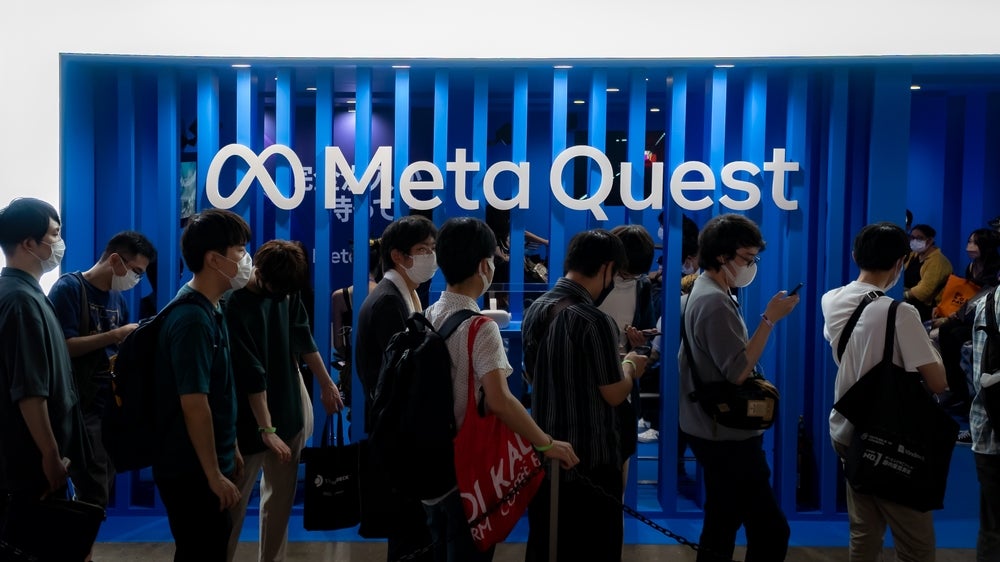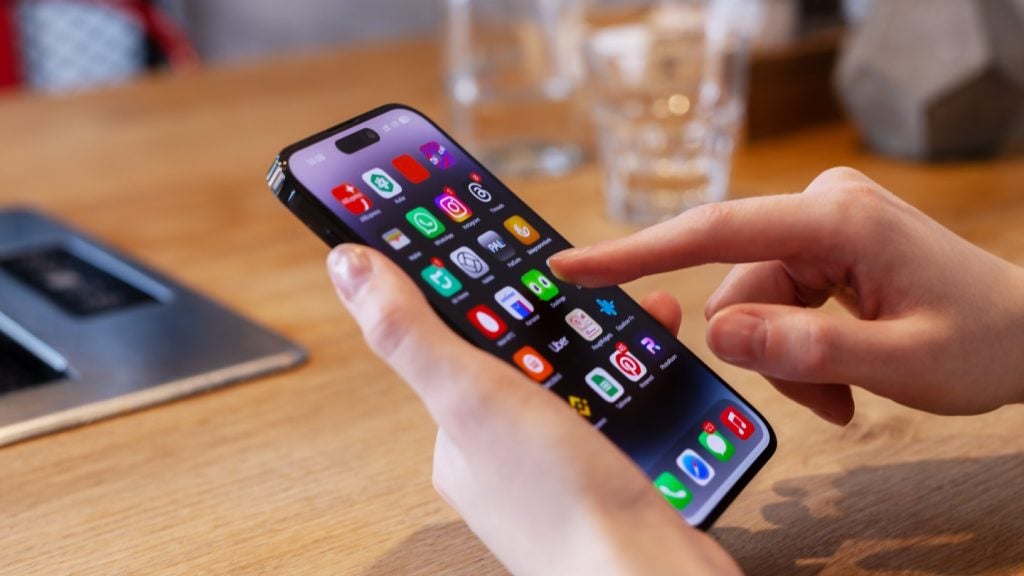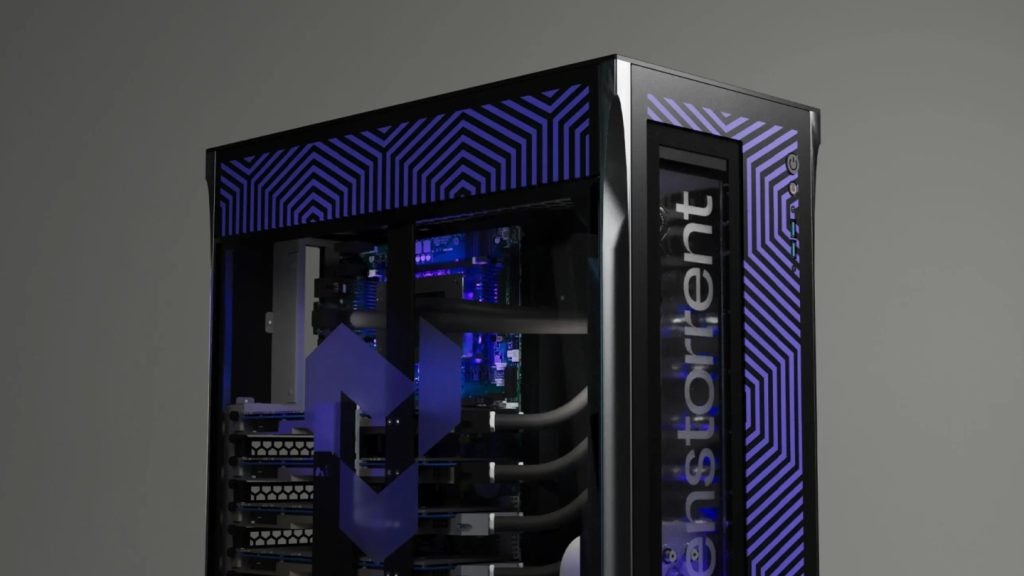Meta announced the new $299 Meta Quest 3S mixed reality headset at its Meta Connect event in Menlo Park, California.
The Quest 3S comes with a Qualcomm Snapdragon XR2 Gen2 processor, 8 GB of RAM, two RGB cameras for colour passthrough, four VGA cameras for hand and controlling tracking, and 2.5 hours of battery use. The 3S comes in two storage models: the 128GB at $299.99 and the 256GB at $399.99.
Risks and rewards of Meta’s VR strategy
Meta’s Quest 3S mixed reality headset represents an updated version of Quest 3, offered at a 40% reduction in price. This device retains the same features as its costlier counterpart but is available for $200 less, thereby positioning mixed reality within the mainstream market’s grasp. Meta has assumed the role of democratising mixed reality technology. The “S” in 3S stands for “Start,” clearly targeting users new to VR.
Is Meta Quest 3S sustainable?
However, Meta’s strategy of heavily subsidising its hardware is not viable in the long term. The company’s Reality Labs division is experiencing significant financial losses due to hardware research and development, funding exclusive titles from studios, and underwriting the costs of its headsets.
Should Meta reduce its support for VR, the industry could face dire consequences. The market has already seen a slowdown in the release of high-budget games, and recent major titles have underperformed, leading developers to retreat from VR projects. The industry’s current state falls short of what many had envisioned a few years ago and is facing a contraction in market size.
The future of VR and AR: From headsets to transparent glasses
Since its acquisition of Oculus in 2014, Meta has invested more than $65bn in its hardware initiatives. VR developers harboured optimism that Apple‘s foray into the market would catalyse a surge in new applications and user engagement.
How well do you really know your competitors?
Access the most comprehensive Company Profiles on the market, powered by GlobalData. Save hours of research. Gain competitive edge.

Thank you!
Your download email will arrive shortly
Not ready to buy yet? Download a free sample
We are confident about the unique quality of our Company Profiles. However, we want you to make the most beneficial decision for your business, so we offer a free sample that you can download by submitting the below form
By GlobalDataNevertheless, Apple has not disclosed sales figures for its headset, and reports indicate modest sales volumes, with fewer than 1 million units sold. Apple has found itself at a disadvantage in the AI competition, as Google has aggressively introduced its Gemini AI into Android devices, challenging Apple on its home turf.
In response, Apple is dedicating substantial time and resources to enhance its Apple Intelligence, a move that may impact the development of its Vision Pro headset and the VR industry.
Meta’s rationale for the substantial investment in VR and AR stems from Mark Zuckerberg’s conviction that these technologies will culminate in the creation of sleek, transparent glasses.
The current focus on developing VR software and hardware represents preliminary measures toward achieving this vision, a concept of which was showcased at Meta Connect called Orion, thick black-framed AR glasses to be used internally at Meta for further development. However, the fruition of such glasses may require a development timeline extending up to a decade.









Related Company Profiles
Meta Platforms Inc
Qualcomm Inc
Apple Inc
Google LLC